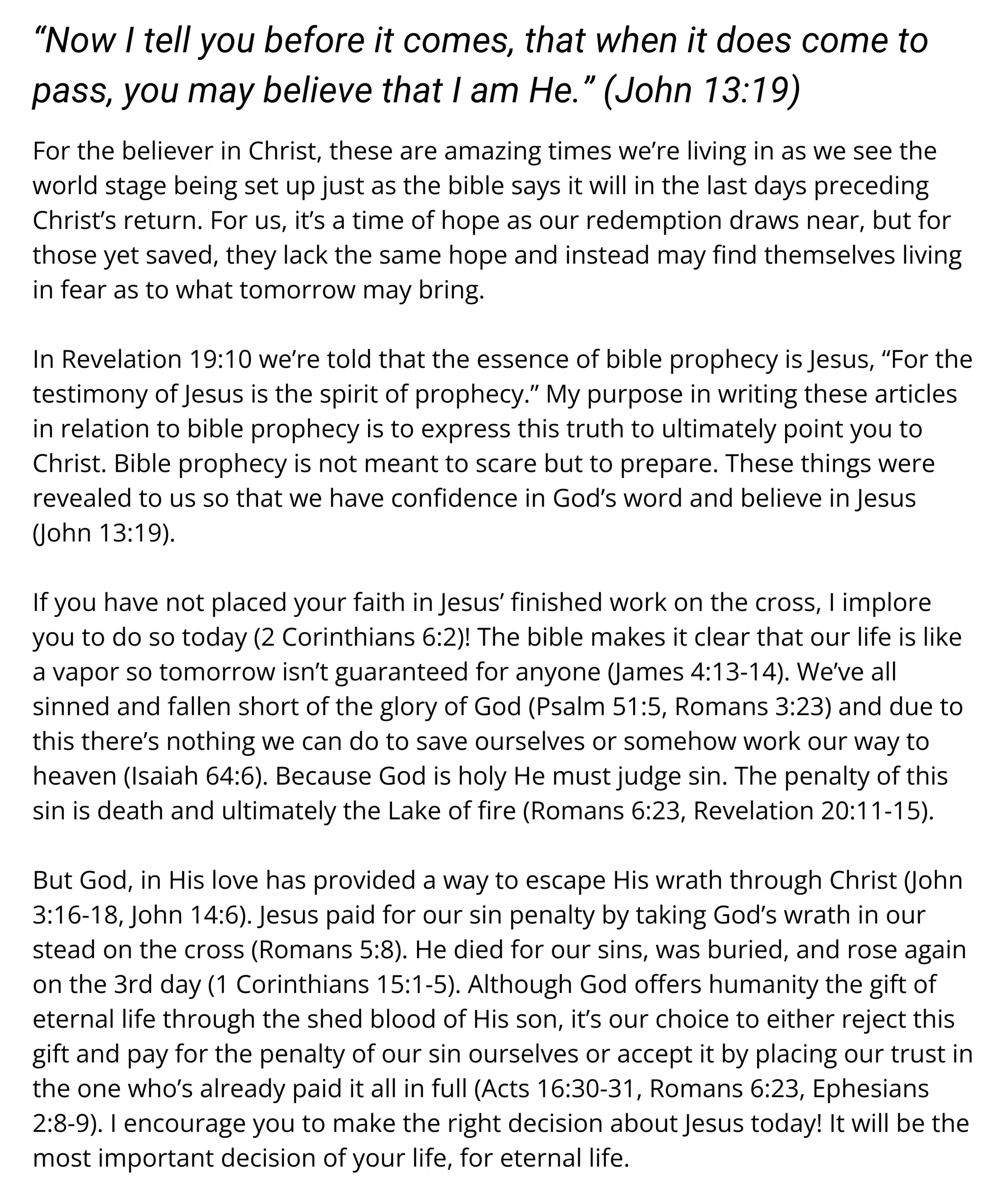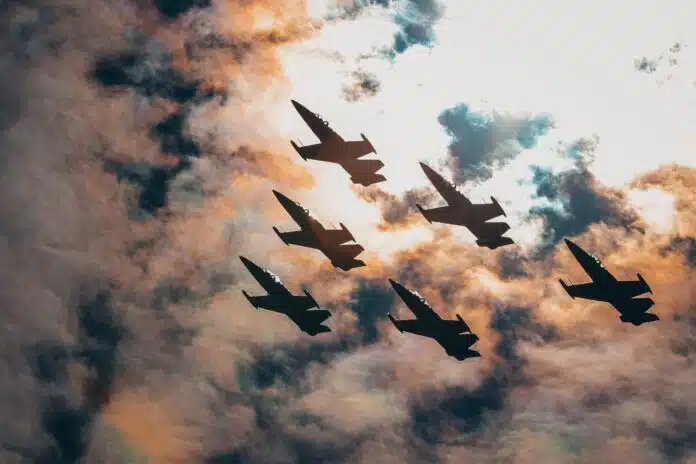Russian President Vladimir Putin on Monday ordered Russia’s military to act as peacekeepers in two breakaway regions of Ukraine, just hours after he recognized them as independent, drawing threats of a response from Western leaders.
On Monday, February 21st, Russian President Vladimir Putin signed a decree formally recognizing 2 Ukrainian separatist regions of Donetsk and Luhansk (also called “DPR” – Donetsk People’s Republic and “LPR” – Luhansk People’s Republic), “Putin recognized the Donetsk and Lugansk separatist republics on Monday, despite Western countries repeatedly warning him not to and threatening Moscow with sanctions,” (The Times of Israel).
This of course comes after weeks of increased tension and Russia’s military buildup on the Ukrainian border of which they now have an estimated 150,000 troops. This is being seen as a very calculated move on Putin’s part to allow for military action in the 2 regions which may perhaps lead to an eventual invasion into Ukraine.
In fact, he’s reportedly already instructed for troops to take on “peacekeeping” roles in the regions, “In two official decrees, Putin instructed the defense ministry to assume ‘the function of peacekeeping’ in the Donetsk and Lugansk regions. Moscow provided no details or date for any deployment, with the order saying only that it “comes into force from the day it was signed,” (The Times of Israel).
Key questions now will be whether Russian troops will openly roll across the border to defend the two entities and, if so, whether they will stop at the current frontline in fighting between the separatists and Ukraine’s government, or push further into Ukrainian territory. (The Times of Israel)
In a televised speech he made several arguments to justify his decisions and delegitimize Ukraine as a sovereign entity apart from Russia claiming, “Ukraine is not just a neighboring country, they are a part of our culture,” (NBC News).
Now, why should we – as believers in Christ – care about these recent developments concerning a possible Russian invasion of Ukraine? Two reasons that I see: One, some have commented that due to the US’ (and their allies’) handling of the situation thus far as well as frequently missed dates of alleged Russian invasion, it’s possibly served to weaken the US as a credible source.

The Guardian noted this stating, “While previously it would have been hard to cast any retreat by Putin as anything but humiliating failure, it is now the US that stands to be embarrassed, and the credibility of its intelligence disclosures once again shattered, if Russia chooses an option other than invasion – or even simply continues to sit on the border as the dates named by the US come and go…For now, Russia is continuing to reap benefits from its military deployments,” (The Guardian).
Putin justified his decision in a far-reaching, pre-recorded speech blaming NATO for the current crisis and calling the US-led alliance an existential threat to Russia. Sweeping through more than a century of history, he painted today’s Ukraine as a modern construct that is inextricably linked to Russia. He charged that Ukraine had inherited Russia’s historic lands and after the Soviet collapse was used by the West to contain Russia. (The Times of Israel)
Two, in the face of what seems to be a weakening of the US (and all that’s really needed is the perception of weakening), it bolsters Russia’s position in Europe, but more importantly (to us), in the Middle East. This also acts as a means to embolden the enemies of the US such as Iran which ultimately effects Israel.
The Jerusalem Post touched on this fact of the issue. “The outcome of the Ukraine crisis could signal to Iran that it can encourage more proxy attacks in the region. A sense of global impunity to invasions and attacks, and a perception the US-led world order has fractured, could help enemies of Israel,” (The Jerusalem Post).
This possible weakening of the current “world order” – as the Jerusalem Post puts it – with the US at its helm and an emerging of a post-US world order forming by the US’ enemies is something I’ve also been talking about since the Afghanistan pullout last year. The Ukraine crisis may just be adding to this.
The West’s response to the Ukraine crisis has largely been one of putting out statements, sending some weapons and then removing embassy staff. The messaging is clear: While Russia may receive some tough words and even sanctions, the US and others are rapidly folding up their diplomatic posts in Kyiv and moving personnel to Poland or elsewhere. This appears to give a kind of green light to a further crisis. It doesn’t exactly instill confidence to see all the foreign diplomatic staff fleeing for the exits. In a sense, it acknowledges a fait accompli, as if the invasion has already happened. (The Jerusalem Post)
At this point the US and its allies are working in tandem to sanction Russia and further work on “crippling economic sanctions” in the event that Russia continues. We’ve learned that “President Joe Biden will issue an executive order to ‘prohibit new investment, trade, and financing by US persons to, from, or in the so-called DNR and LNR regions of Ukraine,'” (The Times of Israel).
Personally, despite this move to sanction Russia I don’t believe it’ll have the impact they’re looking for. The significance of the two points I mentioned, to me, relates to possible set up of Ezekiel 38 with Russia, Iran, and Turkey as well as other nations, something I delve into deeper in my article, Growing Ties Between Russia and Iran Heralding a ‘new Middle East’.

The picture the bible paints for us is a future reality where Russia along with Iran and Turkey go against Israel for purposes of material gain without any recourse aside from a protest questioning the invasion (Ezekiel 38:1-16).
It’s a future reality in which America is out of the picture to such an extent that it won’t be there to help Israel or won’t want to. This speaks to the need for an emboldened Russia and a weakening US to set the stage for the fulfillment of this prophecy which I believe the current situation between Ukraine and Russia may be feeding into.
Putin orders Russian troops to ‘keep peace’ in eastern Ukraine; West vows response
The Times of Israel: In two official decrees, Putin instructed the defense ministry to assume “the function of peacekeeping” in the Donetsk and Lugansk regions.
Moscow provided no details or date for any deployment, with the order saying only that it “comes into force from the day it was signed.”
Russia has in recent months moved tens of thousands of soldiers to regions near Ukraine’s borders, with the West saying Moscow plans to use them for an attack at any moment.
In the same document, Putin also ordered his foreign ministry to “establish diplomatic relations” with the “republics.”
Putin’s recognition of the separatist republics as independent effectively buries a fragile peace agreement regulating the conflict in eastern Ukraine and opens the door for Russian military activities in the country. Read More
Could Ukraine crisis lead to new world order that impacts Israel? – analysis
The Jerusalem Post: The unfolding Ukraine crisis illustrates how major Western governments are dealing with the chances for a conflict between a near-peer rival of the United States and another large country. In this sense, it paints a picture of how future conflicts may unfold.
How the Ukraine crisis is resolved is only one aspect of this. If Russia does invade Ukraine, and if the West does then back Ukraine, it could lead to an escalating conflict. The outcome of that conflict matters. But it also matters if Russia gets a swift victory or if nothing happens.
This matters to the Middle East. The outcome of the Ukraine crisis could signal to Iran that it can encourage more proxy attacks in the region. A sense of global impunity to invasions and attacks, and a perception the US-led world order has fractured, could help enemies of Israel.
Why this matters is because even before any shots have been fired, major countries such as China have shown how they will react. In short, China doesn’t seem concerned. Turkey, which sells drones to Ukraine but works with Russia in Syria, doesn’t seem concerned. Iran doesn’t seem concerned. Read More

Sources
- US slaps sanctions on Ukraine breakaway regions recognized by Putin (February 21st, 2022) – The Times of Israel
- Putin orders Russian troops to ‘keep peace’ in eastern Ukraine; West vows response (February 21st, 2022) – The Times of Israel
- Putin orders troops to eastern Ukraine after formally recognizing breakaway regions (February 21st, 2022) – NBC News
- US Says Russia Closer To Invading Ukraine, Agrees To Meeting (February 21st, 2022) – CBN News
- The west’s focus on imminent invasion in Ukraine may backfire – and bolster Putin (February 14th, 2022) – The Guardian
- Could Ukraine crisis lead to new world order that impacts Israel? – analysis (February 13th, 2022) – The Jerusalem Post



